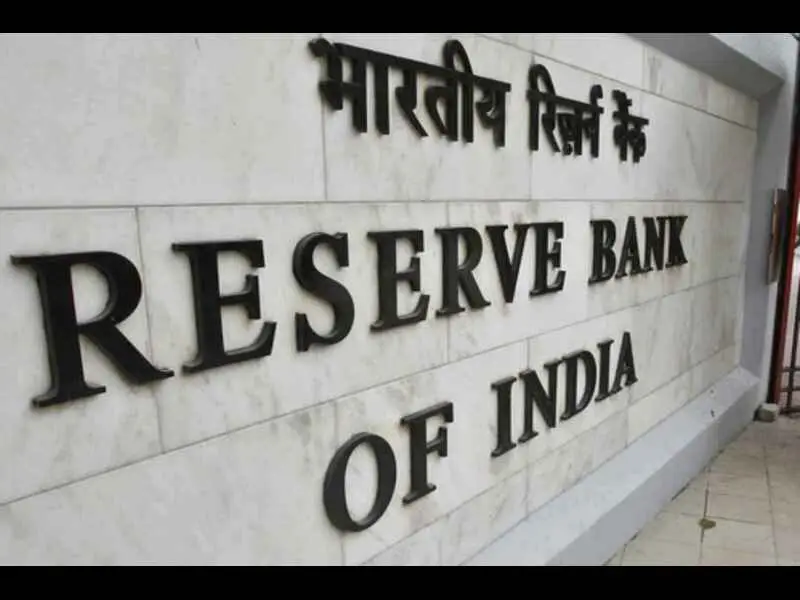The Reserve Bank of India (RBI) has published an article in its monthly bulletin that rejects the International Monetary Fund’s (IMF) contention that India’s general government debt-GDP ratio could surpass 100% in the medium term due to the shocks caused by the COVID-19 pandemic and the subsequent fiscal stimulus.
The article, titled ‘The Shape of Growth Compatible Fiscal Consolidation’, is co-authored by RBI Deputy Governor Michael Debabrata Patra and other officials. It argues that India’s debt-GDP ratio could decline to 73.4% by 2030-31 from an estimated 81.6% in 2023-24, based on simulations that assume a judicious fiscal consolidation and a sustained growth recovery.
“Our simulations reveal that the general government debt-GDP ratio swerves below the projected path set out by the IMF in its latest Article IV consultation report for India,” the article says. “It is in this context that we reject the IMF’s contention that if historical shocks materialise, India’s general government debt would exceed 100% of GDP in the medium-term and hence further fiscal tightening is needed.”
The article also points out that the IMF’s projection of India’s debt-GDP ratio reaching 100% is based on a scenario analysis that assumes a permanent loss of output of 10%, a higher interest rate-growth differential, and a lower primary balance. However, it says that these assumptions are not realistic and do not take into account the potential growth dividends from the government’s spending on social and physical infrastructure, climate mitigation, digitalisation and skilling.
The article also highlights the importance of recalibrating the composition of government expenditure to enhance its quality and efficiency. It says that increasing the share of capital expenditure, which has a higher multiplier effect on growth, can help reduce the debt-GDP ratio in the long run. It also suggests that rationalising subsidies, improving tax compliance, and widening the tax base can help augment revenues and create fiscal space.
The article concludes that India’s fiscal policy should be guided by a medium-term framework that balances the trade-off between supporting growth and ensuring debt sustainability. It says that a credible fiscal consolidation plan can help anchor expectations, reduce borrowing costs, and boost confidence.
The article comes at a time when India’s fiscal deficit is expected to widen to 9.5% of GDP in 2020-21 due to the revenue shortfall and higher expenditure amid the pandemic. The Union Budget for 2021-22 has projected a fiscal deficit of 6.8% of GDP for the next fiscal year, with a target of 4.5% by 2025-26.
Recent Blog : Amazon Delivery Now at 4,500 Feet in Uttarakhand
